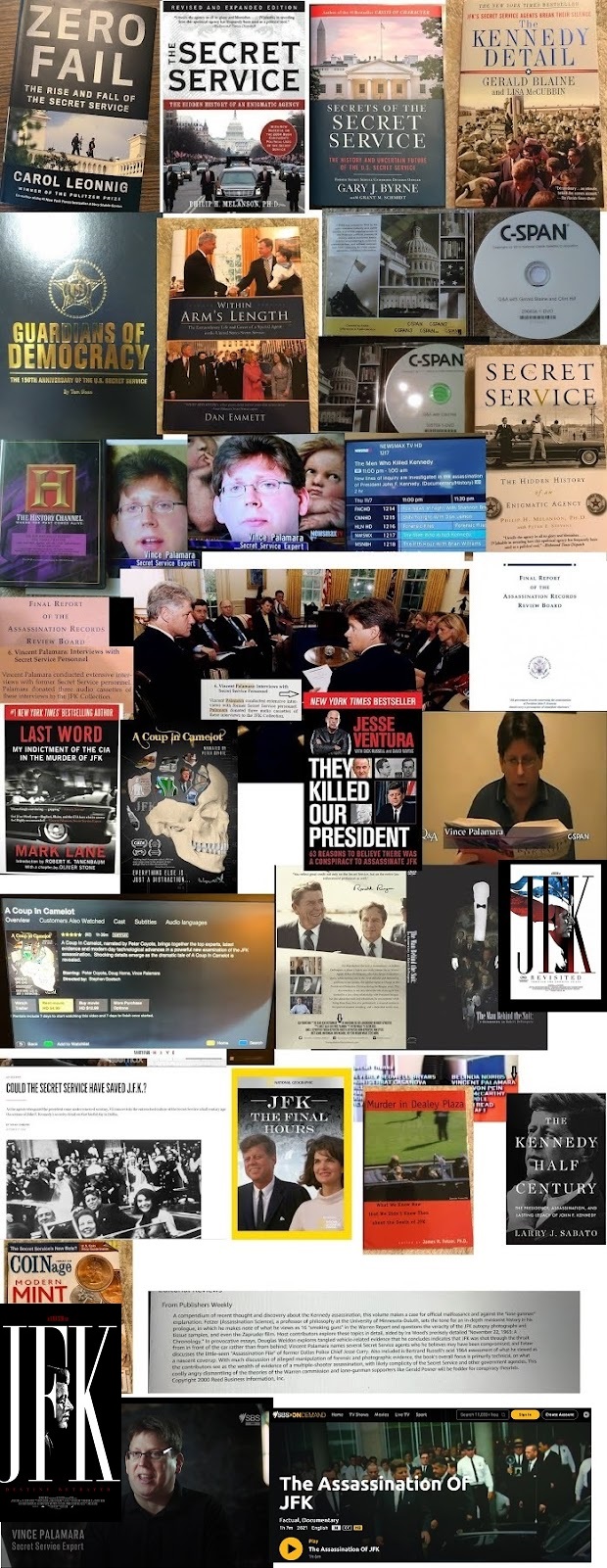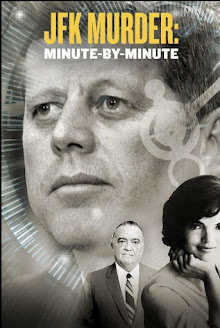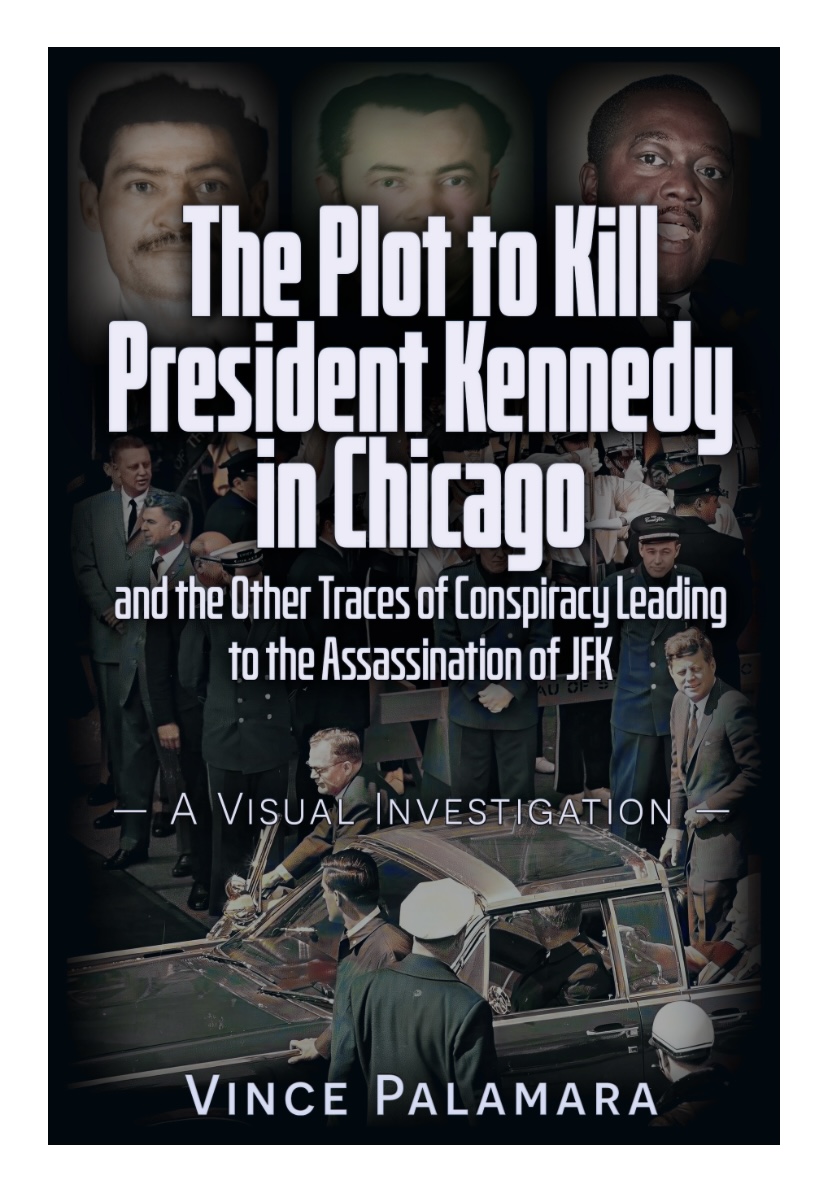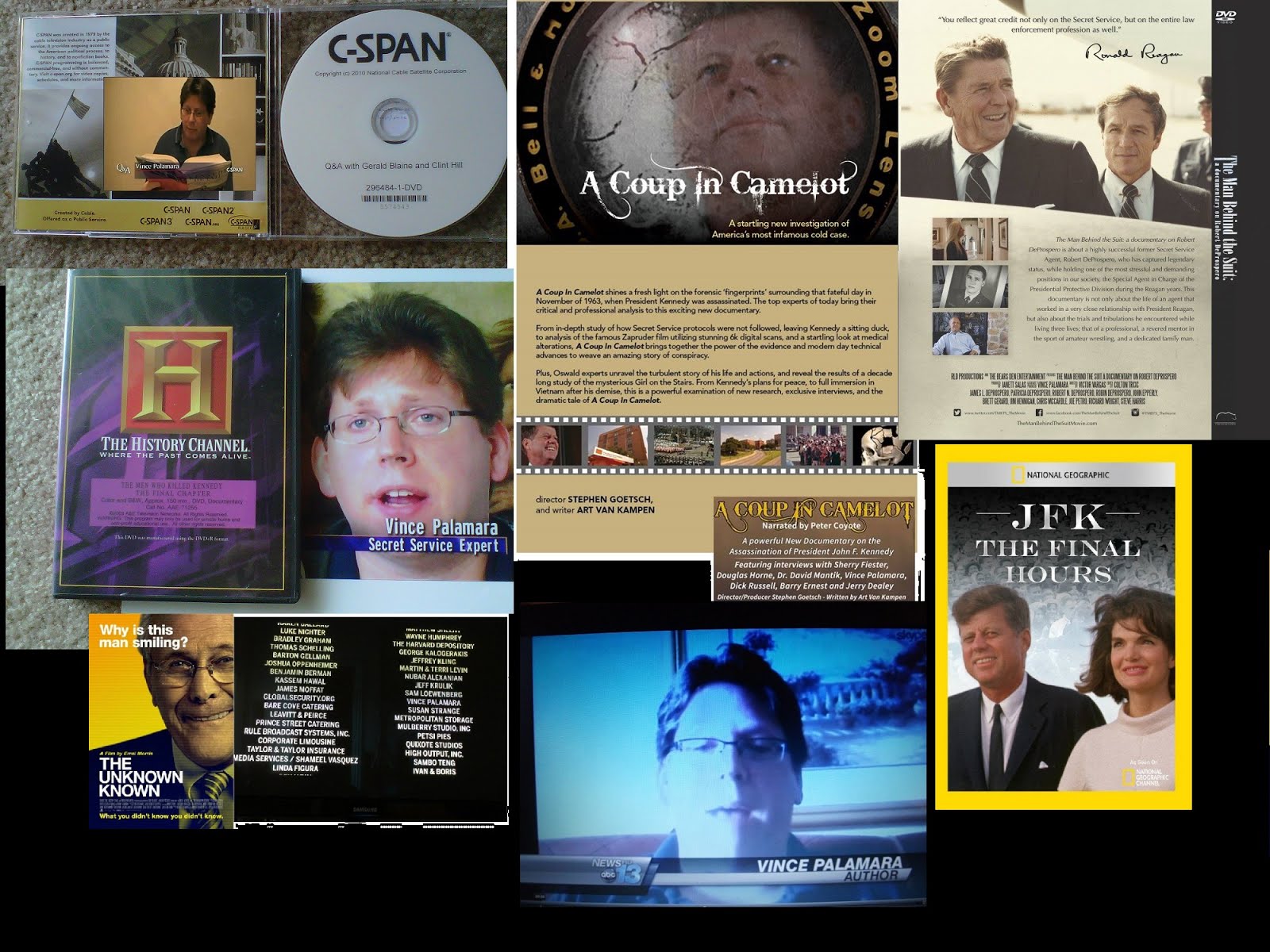|
[Editors' Note: As space permits, we hope to occasionally feature a "guest editorial"
in which a responsible researcher can air his/her views. In this issue we present
author VINCE PALAMARA, whose manuscript "The THIRD ALTERNATIVE" made a valuable contribution to our understanding of the JFK case with new and important Secret Service
data, based on Vince's many interviews with surviving former agents. We consider
Vince a valuable asset to the research community and are proud to feature his work
in our pages.]
Attitudes about the Kennedy case are changing, and I've seen a change in my own
since the 1995 COPA conference. While I no longer have the pre-Oliver Stone wide-eyed
euphoria I once had, I also don't feel the sense of gloom and doom I once did in
say, late 1993 and all through 1994. The main reason for this "attitude adjustment" has
been this: many of us in the research community are so hung up on the lack of media
attention, or government
attention or especially the public's attention to our work that we perhaps lose
sight of the bigger picture. That is, that no matter what the "story of the moment"
may be -- or its significance -- whether the atrocity of the Oklahoma City bombing
or the tabloidesque O.J. Simpson trial, or Bosnia, or Bob Dole or whatever: for 99.9%
of the population, LIFE GOES ON! We all tend to think, or like to believe, that the world is going to virtually stop when a new fact or "revelation" about this case comes out. And we often end up setting ourselves up for a fall when the public or the media or the government scarcely moves a muscle either way. That being understood, we often neglect to mention the other things "neglected", as it were: a) Gerald Posner's book Though largely a "best-seller" due to advance media hype and his mug all over the tube, we all know what it was and some of the damage it did. Even if we ignore this, polls still showed, at the height of "Posner-mania" that 90-95% of Americans still believed a conspiracy was involved and/or that the full truth has never been told by our government. So, at least in the court of public opinion, what did Posner actually accomplish in the long run? b) Norman Mailer's book Not since that awful Reagan book has a media-blitzed book by an author (with such an esteemed reputation) failed to ignite sales or public interest. (I saw so many "50% OFF" stickers on it in so many bookstores, it almost appeared as though it was shipped that way!) Yes, Mailer made his mark alright! (Ha!) c) JAMA and the credibility factor To most of us, it's never been more than a doctor's office waiting room read anyway (right next to "Yachting" and "Golf Digest"). Lest we forget, the Journal of the American Medical Association lost the suit brought by Dallas Dr. Charles Crenshaw and researcher Gary Shaw when represented by attorney Brad Kizzia, and had to pay substantial punitive damages. They also had to let the good doctor have the last laugh in print -- and in their own journal yet! Yep, Dr. Lundberg's deceptive articles (which ignited the legal action) sure swayed a lot of people! Just look at those polls! (Ha!) d) Priorities and attitudes In January 1991, President George Bush's popularity rating was at a staggering 90%. Of course, this was after Operation Desert Storm, and most of the pundits and talking heads were predicting that Bush would be a shoe-in for reelection. But then in January 1993, it became "Bye, George, and don't forget to write." [or: forget!] In October 1995, O.J. Simpson was found not guilty, an event watched by more people than any other in the history of television. Just a few months later it became another item that most people just didn't care about anymore. "Yesterday's headlines wrap tomorrow's fish" a wise man once said, and it seems truer now than any other time in this century. The American attention span is getting shorter by the day, and so is the American memory. Alas, historical and cultural ignorance are at an all-time high. In April 1995, the tragedy of Oklahoma City happened; the worst case of terrorism in U.S. domestic history, killing more than 160 men ,women and children. Yet a month later, the questions raised were quashed by the most common question people were asking each other: "Do you think O.J. will be found innocent or guilty?" Before Oliver Stone's film NIXON, the conventional wisdom was that ol' tricky Dick was a crook. After the film's release, it seemed that he became "poor old Nixon" --how could Stone desecrate the memory of a great man who just happened to get caught?" Here's my point: As long as we (the research community) stay focused on the things we can control and the things which we can do in the JFK case -- namely, to set forth to the best of our abilities the factual and historical record of what we believe happened -- then all the present "conventional wisdom", pro or con, will become redundant. If we succeed at our task, we will serve future historians (and the curious) well. After all, Civil War "buffs" aren't all bent out of shape because we here in 1996 don't seem to care en masse about their work. Granted, it doesn't have the same type of controversies as the JFK case, but the point is the same: They believe they're serving history, regardless of what the "Flavor of the Month" thinking may be. Let us indulge the hypothetical for a moment: Twenty more people come forward and confirm a shot from the front; ten more qualified physicians confirm a rear exit wound in the head; two men swear in court that they participated in the killing. There will always be someone (like Posner) or something (like present-tense reality ) that will counteract any seemingly explosive revelations like these. Stepping out of the hypothetical, think for a moment about all the things you know point to conspiracy -- do they still pack the same emotional wallop they once did? No. Because no matter how sound and rational -- or on the other hand -- ludicrous or far-fetched, someone will come up with a counter-argument. After a while, it all begins to dull the senses. Combine this with public, media and governmental ambivalence about the JFK assassination, and it creates lots of disillusionment in the proverbial once-euphoric researcher. It seems to me that the only way we can all restore some sense of "order" in our common pursuit is to focus on our own research for the sake of disclosure, and not necessarily for opinion's sake or "justice's" sake. As concerned citizens and/or researchers, we have all been battered around for a long time by many forces, known and unknown. But we must continute to forge ahead and with even greater effort and dedication than before -- but perhaps, from now on, for HISTORY's sake. |
Sunday, January 19, 2020
FOR HISTORY'S SAKE: A GUEST EDITORIAL
http://www.manuscriptservice.com/DPQ/vincet~1.htm
FOR HISTORY'S SAKE: A GUEST EDITORIAL
by Vince Palamara
Subscribe to:
Post Comments (Atom)










































![VINCE PALAMARA [remember to scroll all the way down!]](https://blogger.googleusercontent.com/img/b/R29vZ2xl/AVvXsEjSZ-Z_puqnjl3UgdiJxBenMyIMaFhmBD-PYQUsxCtFS4UF7dJQB6n32rt9a0ZqFRPmuBoukhrMZxv6LOD9GoUGPiaShO3wj_8xL98obRAsUbIf0mXutzbq7jKDrCp8Y-Y0k9rnS5ARjQQ/s1600/11.jpg)


![CHAPTER 8 OF ARRB FINAL REPORT [I AM IN THIS REPORT, AS WELL]...HMMM---THE SECRET SERVICE DESTROYS](https://blogger.googleusercontent.com/img/b/R29vZ2xl/AVvXsEimGbOuG69gW-cgAbsfjd8p8PD-subznIjcsQXUSFq560o_kiXunf9TcH0fkOqmWuK73id6m5TyVMhWcfBrPUEee6JLbvqNZKdIVQa5Drcz568Ue6GZdf_PUtLuLwPDcucv3gOn5KGBZPw/s1600/DSCF0462.JPG)




No comments:
Post a Comment